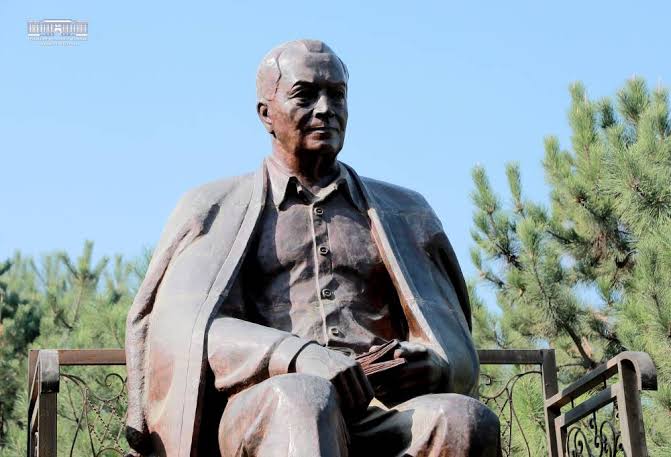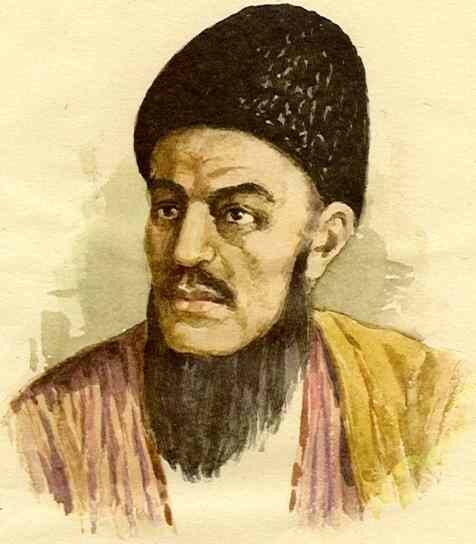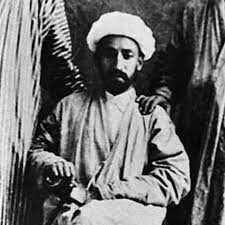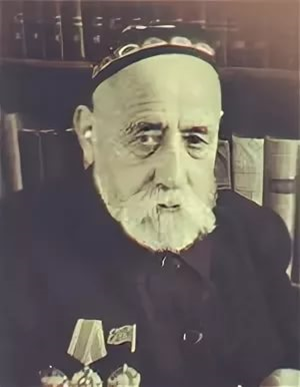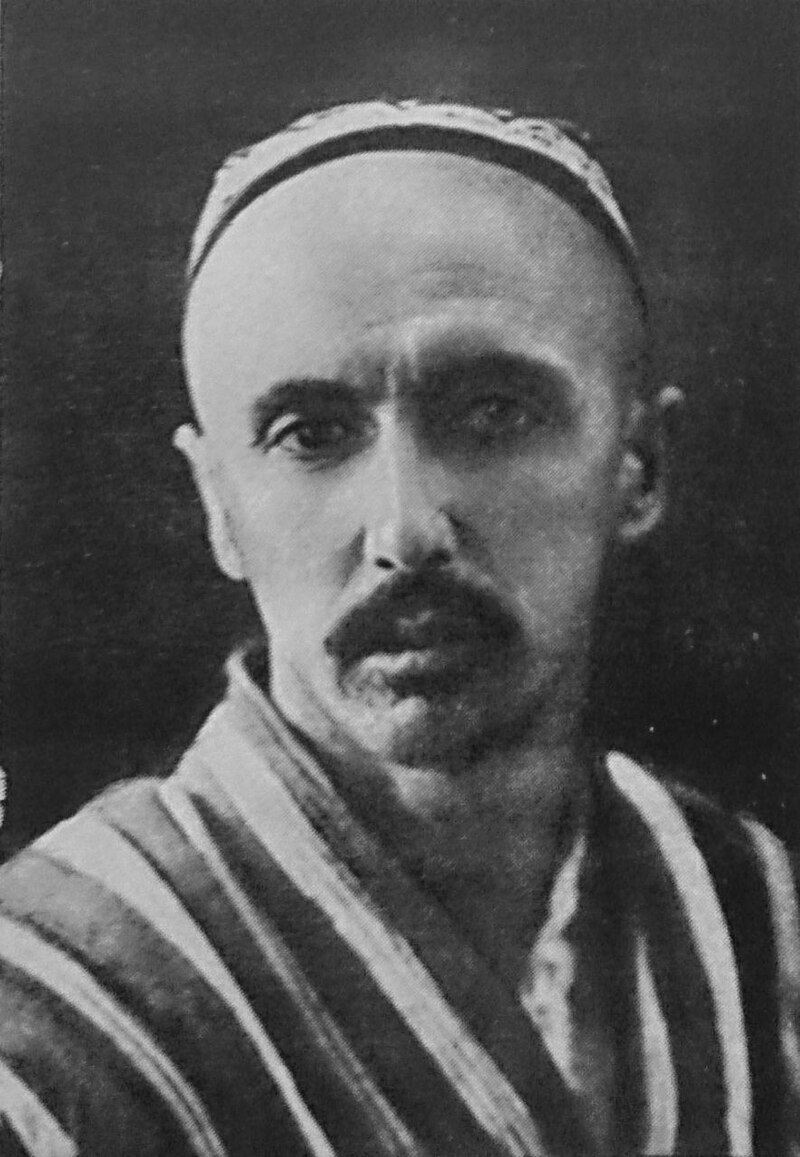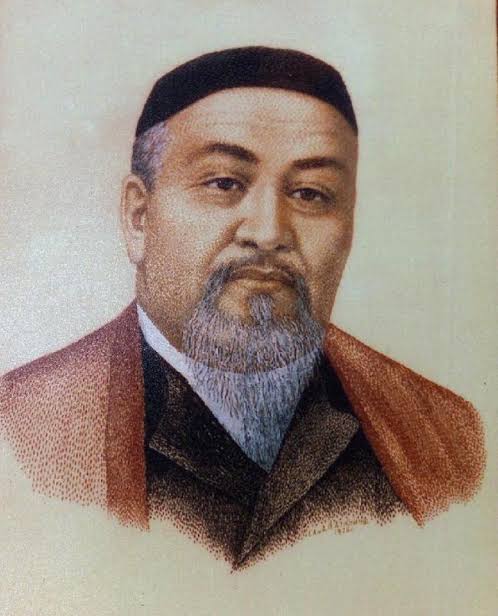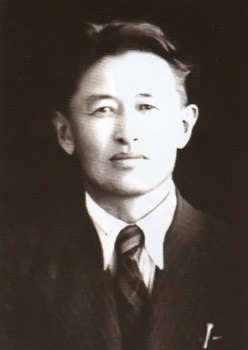Abdulla Qahhor (1907-1968)
Abdulla Qahhor, often referred to as the “Chekhov of the Uzbeks” was a prolific novelist and playwright whose influence extended far beyond Uzbekistan.
Qahhor, whose many pen names included “Norin shilpiq”, “Sarimsoq”, “E-boy”, “Erkaboy”, “Gina”, “Gulyor”, “Mavlono Kufur”, and “Nish”, started his career as a short story writer. He published his work in newspapers like “Red Uzbekistan”, “New Ferghana”, and “Fist”, after which he went on to write for them.
Qahhor also worked as an editor and translator for the State Publishing House of Uzbekistan, and later on in life continued to translate. For the State Publishing House he worked to translate between Russian, Uzbek and English, and later on individually translated Russian works into Uzbek. During this time he most notably translated Pushkin, Gogol, and even “War and Peace” by Leo Tolstoy for an Uzbek audience. While some of his earlier translations have garnered criticism for losing nuance, his later translations were widely praised by other authors and translators.
Qahhor’s work centered on everyday Uzbek people, like many of his contemporaries. His plays focused on the same themes. One of his most famous novels, “Sinchalak”, is about the typical qualities of a modern Uzbek woman, typified by the main character Saida, who “is small and frail, but has the energy to lift the sky.”
Qahhor’s work was an inspiration to many. People including the famous journalist O’tkir Hoshimov, the poet/translator/politician Erkin Vohidov, and the composer/politician Abdulla Oripov are just a few famous Uzbeks who have claimed to be influenced by his work. Furthermore, Qahhor’s short stories sold very well in Russia, Estonia, Latvia, and Lithuania, who had barely any contact with Central Asia but were going through similar events due to their engagement with the USSR.
Qahhor’s writing was not only a massive inspiration but also a reminder to appreciate the beauty and strength of ordinary people.
